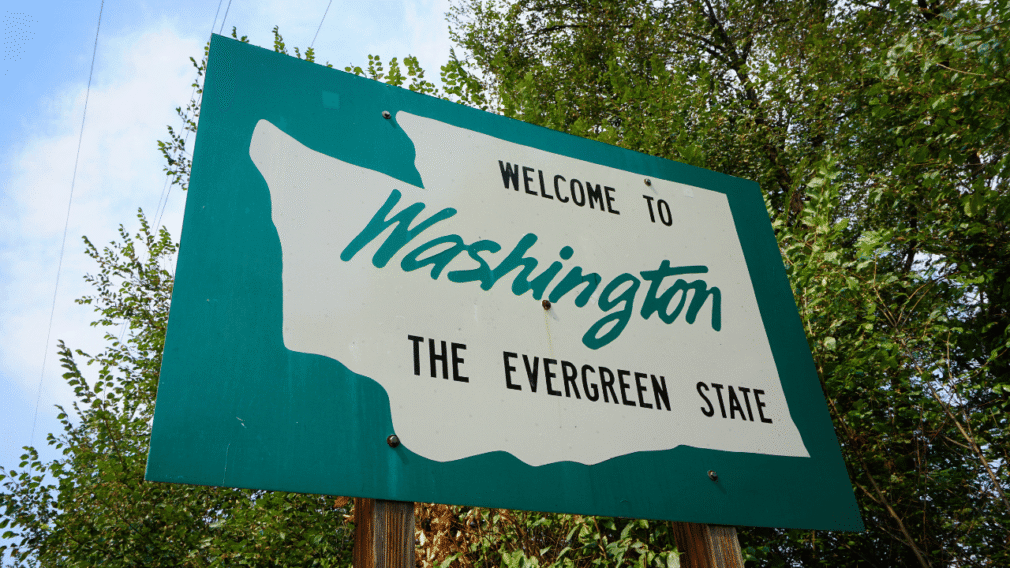Supreme Court Rejects Maverick Gaming’s Challenge, Upholds Tribal Sovereignty
The Supreme Court of the United States (SCOTUS) refused on Monday to hear the appeal in the case of RunItOneTime LLC (formerly Maverick Gaming) v. United States. The decision denies review of the challenge to the Indian Gaming Regulatory Act (IGRA) and effectively ends the legal threat against tribal gaming compacts in Washington State.

The refusal by the Supreme Court to grant certiorari upholds the rulings of two lower courts: the U.S. District Court for the Western District of Washington and the U.S. Court of Appeals for the Ninth Circuit. This action delivers a major victory for tribal sovereignty and the economic foundation of tribal gaming across the country.
The Legal Challenge and Lower Court Rulings
Maverick Gaming, which now operates as RunItOneTime LLC and has filed for Chapter 11 bankruptcy, originally sued federal and state officials in 2022. The company argued that IGRA unlawfully granted Washington tribes exclusive rights to operate casinos and sports betting, and sought to invalidate all tribal gaming compacts with the state.
The lower courts dismissed the case based on the principle of sovereign immunity. The District Court and the Ninth Circuit agreed with the Shoalwater Bay Tribe that Washington’s tribes are “indispensable parties” to any lawsuit seeking to nullify their negotiated agreements. Since the tribes possess sovereign immunity and had not consented to be sued, the courts ruled the case could not proceed without them. As District Judge David Estudillo stated in 2023, Maverick’s goal was nothing less than to “invalidate tribal gaming compacts, an acknowledged legal entitlement.”
The U.S. Department of Justice had also urged the Supreme Court to reject Maverick’s petition. The SCOTUS denial finalizes the Ninth Circuit’s judgment, bringing the litigation to a definitive close.
Preserving Economic Security and IGRA’s Legitimacy
The Supreme Court’s ruling-by-declination is hailed as a victory for tribal self-governance and economic stability.
Lenny Powell, an attorney with the Native American Rights Fund (NARF), noted that the Supreme Court has “once again rejected a meritless suit that sought to attack the very heart of Tribal rights.”
The lawsuit threatened negotiated compacts, which are essential for funding tribal governance. Quintin Swanson, Chairman of the Shoalwater Bay Tribe, emphasized the stakes: “Maverick’s suit threatened Shoalwater’s bargained-for gaming compacts, its economic welfare, and its ability to fund critical government functions.” The ruling ensures the continuity of these funding streams, which finance critical services like healthcare, education, housing, and infrastructure.
The decision also solidifies the tribal sports betting model in Washington, where state lawmakers restricted sports wagering exclusively to tribal casinos through compact amendments in 2020.
Tribal Gaming Versus Private Profit
Rebecca George, Executive Director of the Washington Indian Gaming Association (WIGA), contrasted the mission of tribal gaming with that of private operators like Maverick.
“The difference in mission could not be clearer,” George stated. “Tribal and state-regulated gaming revenues go to fund government programs… In contrast, private and speculative operations direct profits to individuals and out of state (or country) investors. These laws were written to make sure gaming serves the public good, not private greed.”
Scott Crowell, a tribal gaming attorney, expressed relief that the challenge to “the legitimacy of the entire compacting process under IGRA” has finally come to an end, ensuring greater regulatory certainty for tribes and their industry partners.
Recommended
